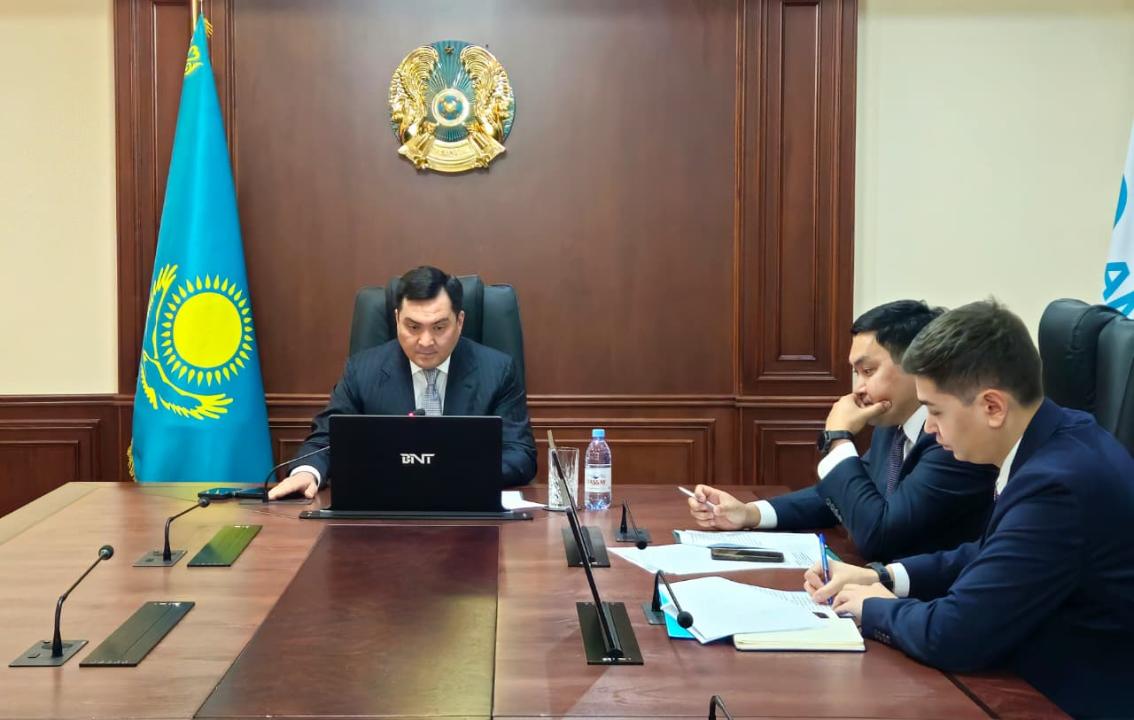ASTANA, Kazakhstan, September 16. During the Second Ministerial Dialogue "Central Asia Plus Japan," Kazakhstan’s Minister of Energy Erlan Akkenzhenov outlined the country's strategic approach to achieving carbon neutrality and strengthening regional partnerships, Trend reports via the ministry.
Speaking during an online meeting, Akkenzhenov detailed Kazakhstan's energy transition policy, which balances the realities of its domestic economy, including significant coal reserves, with global climate commitments. He stated that it's a tall order to expect a total ditching of coal anytime soon, so the country is rolling up its sleeves to spruce up the old power plants with cleaner technologies while also laying the groundwork for new facilities.
A key point of the minister's speech was the emphasis on renewable energy sources (RES). Kazakhstan is setting its sights on boosting the share of RES in its energy mix to 15 percent by 2030, a target Akkenzhenov called ambitious but within reach, considering the breadth of current projects in the pipeline.
The minister also highlighted the initiative to create a green energy bridge between Asia and Europe, with Kazakhstan serving as a crucial transit link for clean energy. To realize this vision, he emphasized the need for technological partnerships, identifying Japan as a key ally.
The Tokyo Dialogue constitutes a pivotal component of the "Central Asia plus Japan" Dialogue, serving as a strategic framework aimed at enhancing collaborative synergies between Japan and a quintet of Central Asian nations—namely Kazakhstan, the Kyrgyz Republic, Tajikistan, Turkmenistan, and Uzbekistan. This initiative manifests as an open symposium, facilitating the engagement of domain experts and practitioners in a discourse-driven environment.
Stay up-to-date with more news on Trend News Agency's WhatsApp channel







